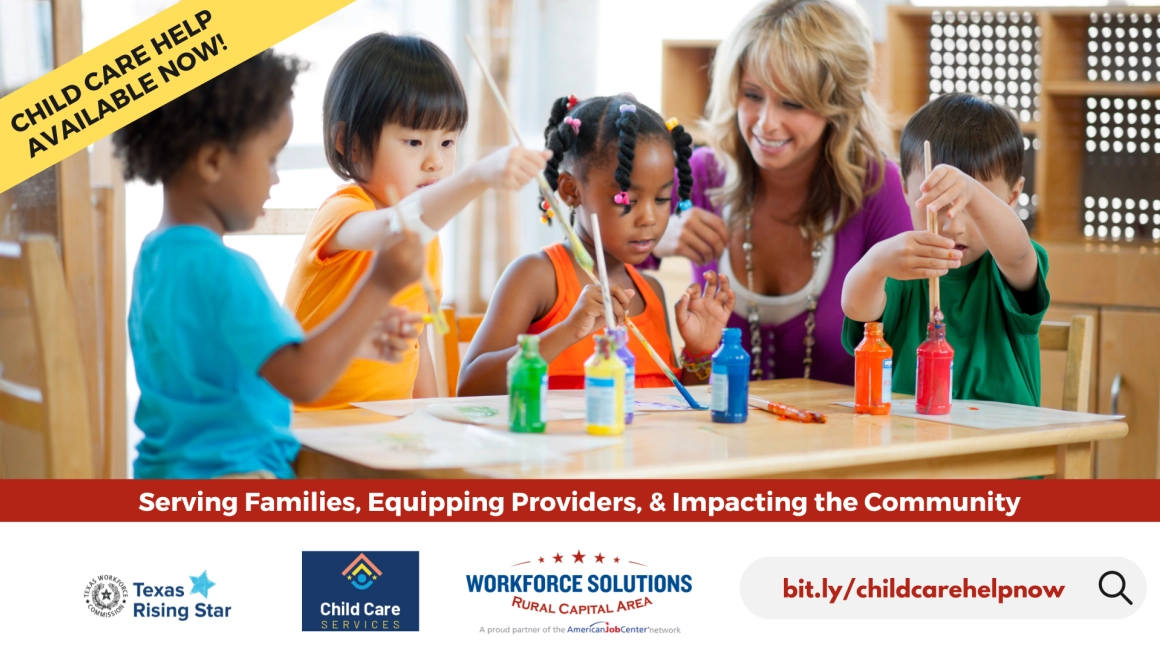The Role of Child Care in Workforce Development

Posted by: Brian Hernandez

Child care is a crucial factor in the workforce development equation. Child care allows parents to work outside of the home and contribute to the economy, which in turn boosts the economic growth and development of our region and the nation.
The Importance of Child Care for Working Parents
The cost of child care can be a significant burden for working parents, especially for low-income families. The lack of affordable child care can force parents to choose between their job and caring for their children, leading to a reduced workforce participation rate. In fact, according to a study by the Center for American Progress, 17 percent of parents have quit their jobs or reduced their work hours due to child care issues.
Without adequate child care options, parents may also have to rely on informal and unreliable care arrangements, such as leaving their children with unlicensed caregivers or family members. These arrangements can pose risks to the health and safety of the child and also limit the availability of the parent for work.
The Economic Benefits of Child Care
Investing in child care has significant economic benefits, both in the short and long term. Firstly, it can lead to increased workforce participation, as parents are able to work without worrying about their children's care. This can result in increased productivity and a boost in the national economy.
Secondly, high-quality early childhood education and care can positively impact the development of young children. Studies have shown that children who receive quality early childhood education are more likely to graduate from high school and attend college, resulting in a more educated workforce and a stronger economy.
Thirdly, child care is a significant source of employment, creating jobs for child care providers, teachers, and support staff. The child care industry has the potential to create millions of jobs and support local economies.
Child care is an essential component of workforce development, and investing in child care can have significant economic benefits. Providing affordable and high-quality child care can lead to increased workforce participation, a more educated and skilled workforce, and job creation.
Ready to explore how Workforce Solutions Rural Capital Area Child Care Services can empower you and your family through high-quality early learning? Click to learn more.
